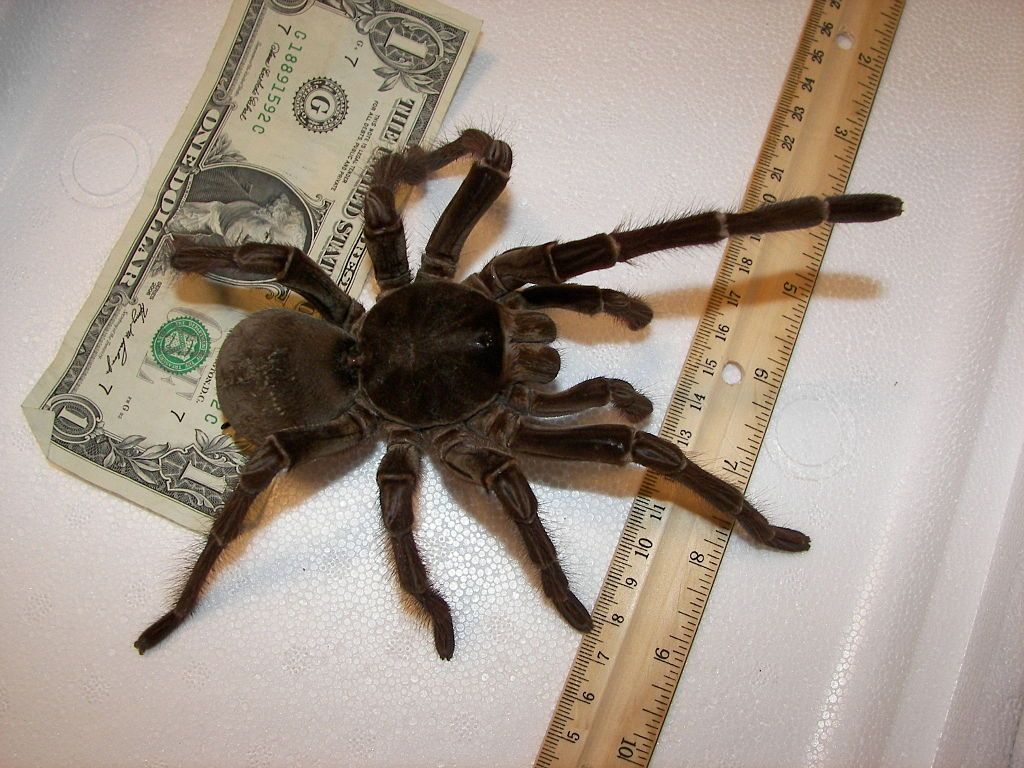The largest spider in the world, the goliath birdeater from the tarantula family, can now be seen at Terrariet Vissenbjerg on Funen.
Normally, you would have to travel to the rainforests of northern South America to have a chance of spotting this nocturnal species, but now it is possible to have a closer look at the hairy creature from a safe distance in Vissenbjerg.
Fascination with spiders
The goliath birdeater (Latin name: Theraphosa blondi) can have a leg span of up to 30 cm and can weigh up to 170 grams.
“People are incredibly fascinated by spiders and love to come here to look at something they are a little bit afraid of. The bigger, the better,” Jonas Caspersen, the chief zookeeper at Terrariet Vissenbjerg, told TV2.
Despite its name, the goliath birdeater is mostly content with eating insects, worms and small reptiles. It only very rarely preys on birds.
Longs fangs and irritating hairs
Although the tarantula’s venom is usually not lethal to humans, a bite from the goliath’s 3.8cm-long fangs can be very painful.
More dangerous than the fangs, however, is the spider’s ability to release tiny, urticating hairs that are extremely irritating to the skin and can cause real problems if they get into the eyes or mouth.
Terrariet Vissenbjerg is a special zoo with one of Scandinavia’s largest collections of reptiles, amphibians, scorpions, spiders, and insects.















